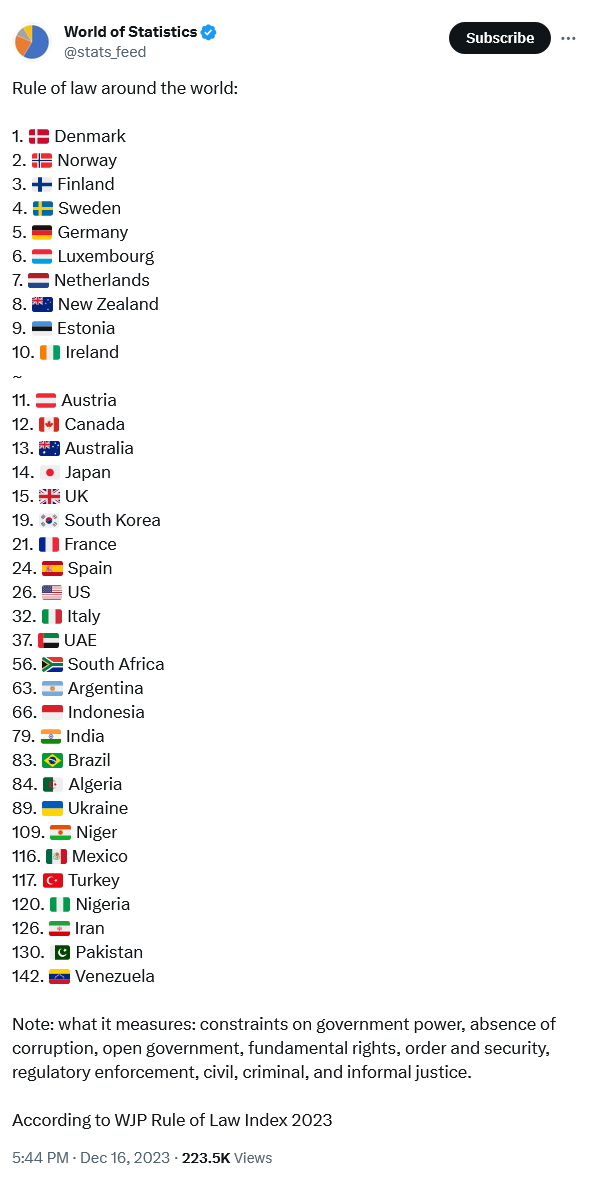The emergence of Kamala Harris as a leading candidate in the upcoming election is poised to act as a significant rallying point for immigrant and minority voters. These communities, particularly those who perceive her as a steadfast advocate for civil rights, immigration reform, and inclusive policies, are concentrated in urban areas such as Detroit, Dearborn, and Ann Arbor, which have become vital arenas of political engagement. Historically, Arab-American voters from the Lebanese, Syrian, and Yemeni communities in Dearborn have played a decisive role in shaping the electoral landscape at both local and national levels. This influential demographic, along with the burgeoning South Asian population in suburban Detroit, demonstrates a growing political consciousness that Harris could harness to galvanize support.
The narrow electoral margins witnessed in Michigan's recent elections underscore the critical importance of mobilizing immigrant voters. In the 2020 election, Joe Biden's victory in Michigan was marked by a margin of approximately 154,000 votes, significantly bolstered by the turnout of immigrant and minority voters residing in urban centers. If the Democratic Party can further energize these communities through Harris's candidacy, it has the potential to offset any potential losses among the white working-class voters who continue to gravitate toward Trump. This phenomenon indicates a shifting dynamic where the white vote is no longer a cohesive bloc, as Trump maintains strong support among white working-class voters without a college degree. Conversely, college-educated whites, particularly in suburban areas, are increasingly distancing themselves from Trump’s more extreme positions on race, immigration, and governance.
By applying the theory of a divided white vote juxtaposed with a unified immigrant vote, one gains a profound understanding of Harris's potential to secure electoral gains in 2024. Texas, with its substantial Latino and South Asian populations, represents a critical battleground. Latino voters, constituting approximately 40% of Texas's population, hold significant sway. A mere 3-5% swing in favor of Harris could transform Texas into a fiercely competitive state. Similarly, Florida's large Latino population, primarily comprising Cuban-American and Puerto Rican communities, stands as a potential ground for Harris's campaign. By energizing Latino voters with comprehensive policies focused on immigration, economic opportunity, and healthcare, she could achieve a 2-4% swing in key areas like Miami-Dade and Orlando, thereby revitalizing Florida's Democratic prospects.
Arizona, having witnessed Biden's victory in 2020, presents another opportunity for Harris to build on existing successes. By focusing on increasing turnout among Latino and younger immigrant voters, even a modest 2-3% rise in immigrant turnout could solidify Arizona as a Democratic stronghold. The state has a growing Latino population, and with effective outreach, Harris could cultivate a formidable coalition of support. Georgia, too, reflects a changing demographic landscape with its burgeoning Black and immigrant populations, particularly in the Atlanta metro area. A concerted effort to increase turnout among Black, Latino, and Asian communities by 2-4% could prove pivotal in securing Georgia's electoral votes for Harris.
In a political climate characterized by shifting alliances and evolving voter demographics, Harris's candidacy emerges as a beacon of hope and representation for immigrant and minority voters. By fostering an inclusive narrative and advocating for policies that resonate with the aspirations of these communities, she holds the potential to reshape the electoral landscape, not just in Michigan but across the United States.
Syed Salman Mehdi, linkedin/in/multithinker, email: salmanmehdi128@gmail.com













